Hoarding by a member of the community has become an often-discussed topic in recent years, especially after the addition of hoarding to the Diagnostic and Statistical Manual of Mental Disorders (DSM-5). When a community member is hoarding, or suspected of hoarding, the community association board (HOA or COA) must address the concerns of the residents while also respecting the rights of the suspected hoarder.
Signs of hoarding may include: foul odors, insect or rodent infestation, dirty or constantly closed window coverings, visible blockage of windows, dirty windows, and noticeable stacks of clutter. It is important for the Board to take action if there is suspecting hoarding in the community to protect the health and safety of the residents within the community.
Condominium Owner Associations and Homeowners’ Associations have governing documents that prohibit residents from creating safety hazards and nuisances. Most association documents require residents to maintain their homes in safe and sanitary conditions. HOA and COA Boards should create rules that discourage residents from creating and maintaining unsafe conditions and allowing unsanitary and potentially hazardous situations in their homes. Having these rules in place allows Boards to enforce the rules and handle a hoarding situation in the same way any other rules would be enforced. However, while a Board has a duty to address the hoarding situation and try to come to some resolution, it must also be sensitive to and balance the rights of the owner suspected of hoarding.
Since hoarding is a medically recognized mental disability, there are both federal and state legal protections for the owner suspected of hoarding. Therefore, a person who suffers from hoarding may be entitled under the Fair Housing Act and Ohio Revised Code §4112.02 to reasonable accommodations to afford the owner equal opportunity to use and enjoyment of their home. A successful reasonable accommodation plan often involves collaboration between the owner, the HOA/COA Board, mental health professionals, social workers, and/or other advocates. Family members and friends may also play an important role in assisting the owner with compliance of rules.
When facing a hoarding situation, a board must balance its duty to maintain safety and sanitation standards for the entire community with the rights of the owner. Creating rules that aid in prevention of hoarding conditions and enforcing them fairly and uniformly and allowing a reasonable accommodation request will help the Board minimize any liability.
If you suspect there is a hoarding situation in your community, please reach out to Richter Law for assistance and guidance on how to navigate the issue.


